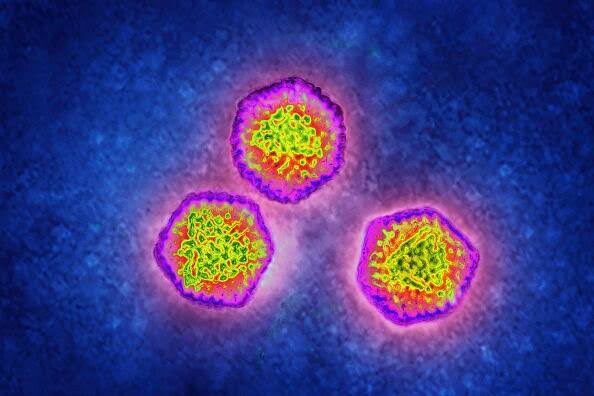West Bengal Health Dept Alerts Districts Over Rising Adenovirus Cases, Issues Advisory
West Bengal Health Dept Alerts Districts Over Rising Adenovirus Cases, Issues Advisory
Kolkata: Health officials in Kolkata have asked citizens to be alert amid a rise in cases of flu-like symptoms suspected to be caused by adenovirus, particularly among young children.
As of 18 February, a total of 115 patients have been admitted with respiratory issues in the city. There are reportedly 22 patients in ICU/HDU with respiratory problems, of which 5 are children.
In light of the growing number of cases, the state health department, on 19 February, issued an advisory for the management of adenovirus respiratory illnesses to all districts.
At a meeting by the health department on Saturday to take stock of the adenovirus situation, officials were asked to increase surveillance and monitoring. Health staff have been asked to be more vigilant and prompt in detecting children with respiratory distress.
According to the US Centres for Disease Control and Prevention, Adenoviruses are viruses that typically cause respiratory illness, mild cold, or flu-like illness.
Respiratory illnesses caused by adenovirus include non-COVID coronavirus, influenza, para influenza, rhinovirus, and pneumococci.
What are the symptoms of respiratory illnesses caused by adenovirus?
The most common symptoms of adenovirus infections are,
Persistent fever for more than 3 days
Cough, and sore throat
Running nose
Diarrhoea, and vomiting
Body ache
Fast breathing
Strained breath
Although anyone can get it, the city health department has especially asked those with a family history of similar illness to be extra cautious.
Moreover, young children are vulnerable, especially those who have Co-morbidity – prematurity, low birth weight, congenital heart disease, chronic respiratory disease, neurological disability, renal disease , malignancy, malnutrition and immunocompromised state.
How is it treated?
There is no one treatment for adenoviral flu. For milder cases, at-home management is advised. This includes,
Symptomatic care to keep down a fever – Paracetamol can help, but should not be taken more than 5 times a day.
Adequate hydration and feeding.
ORS for diarrhoea.
Monitoring of temperature, fast breathing, general activity, oral intake and urine output.
Report to health care facilities if danger signs develop.


Comments are closed.